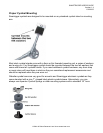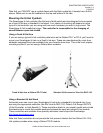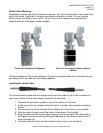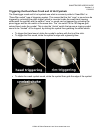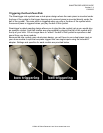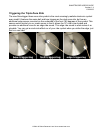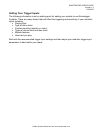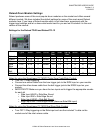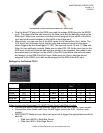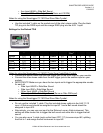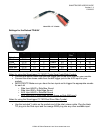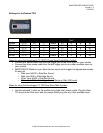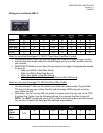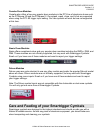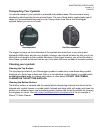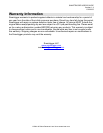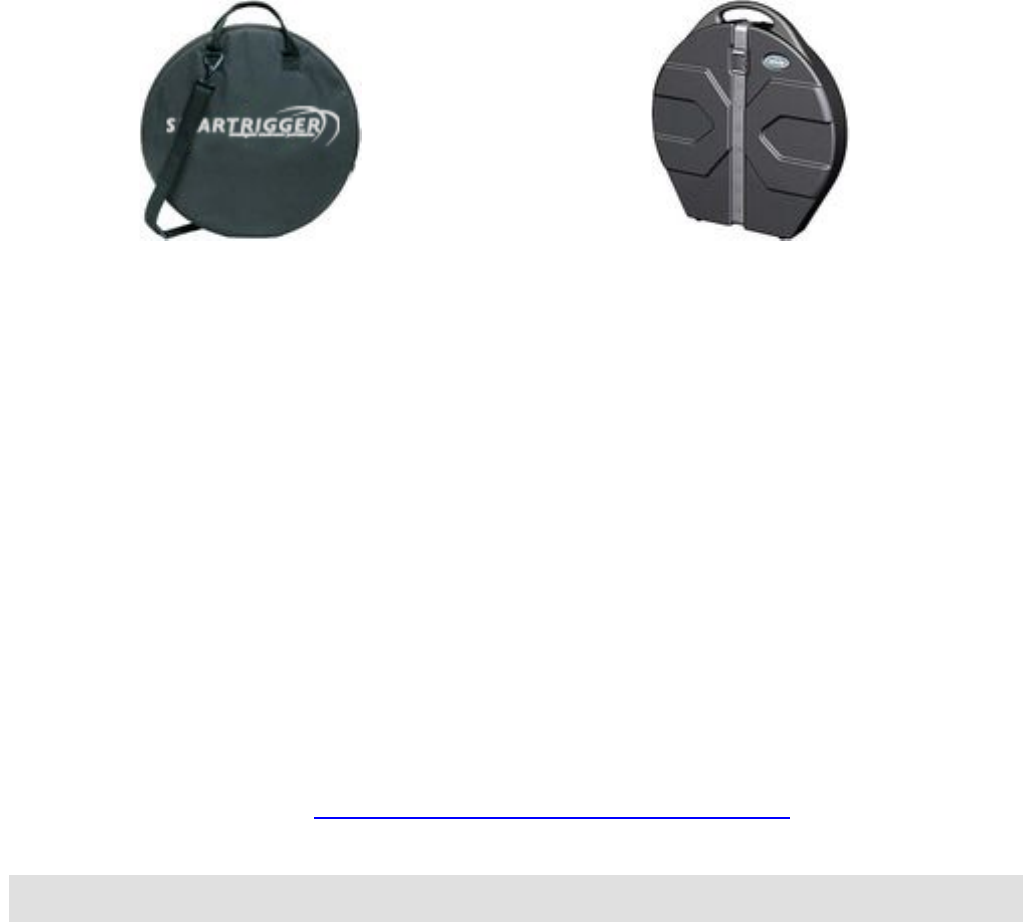
SMARTRIGGER USERS GUIDE
Version 1.4
1/30/2005
©2004 All Rights Reserved. http://www.smartrigger.com
Transporting Your Cymbals
You should transport your cymbals in protected and padded cases. We recommend using
standard cymbal bags like the one pictured here. The use of hard plastic cymbal-safe type of
cases isn’t recommended because you can’t clamp down more than a few Smartrigger
cymbals before you run out of room.
Recommended
Not Recommended
The trigger housings on the undersides of the cymbals are made from a very strong and
lightweight ABS plastic and are very durable, however care should be taken so that you do not
stack too much weight on the cymbals. Because of this trigger housing, you will not be able to
stack these cymbals as flat and neat as you could stack the same number of acoustic cymbals.
Cleaning your cymbals
Cleaning the Top Surface
The top playing surface of your Smartrigger cymbals is made from a real brass-alloy cymbal,
therefore you should use a damp wet cloth or a non-abrasive cymbal cleaner or cymbal polish
on the top surface only, to remove stick marks or other debris. DO NOT USE CYMBAL
CLEANER ON THE BOTTOM SURFACE.
Cleaning the Bottom Surface
The bottom surface is covered with the special plastic dampening material and should not be
cleaned with cymbal cleaner or cymbal polish. Instead wet damp cloth with water and clean the
surface or in extreme cases, use a specialty plastics cleaner like the kind available for cleaning
the isinglass on a boat. See http://www.hardlineproducts.com/plexus.html for an example of
Plexus™ Plastic Cleaner.



